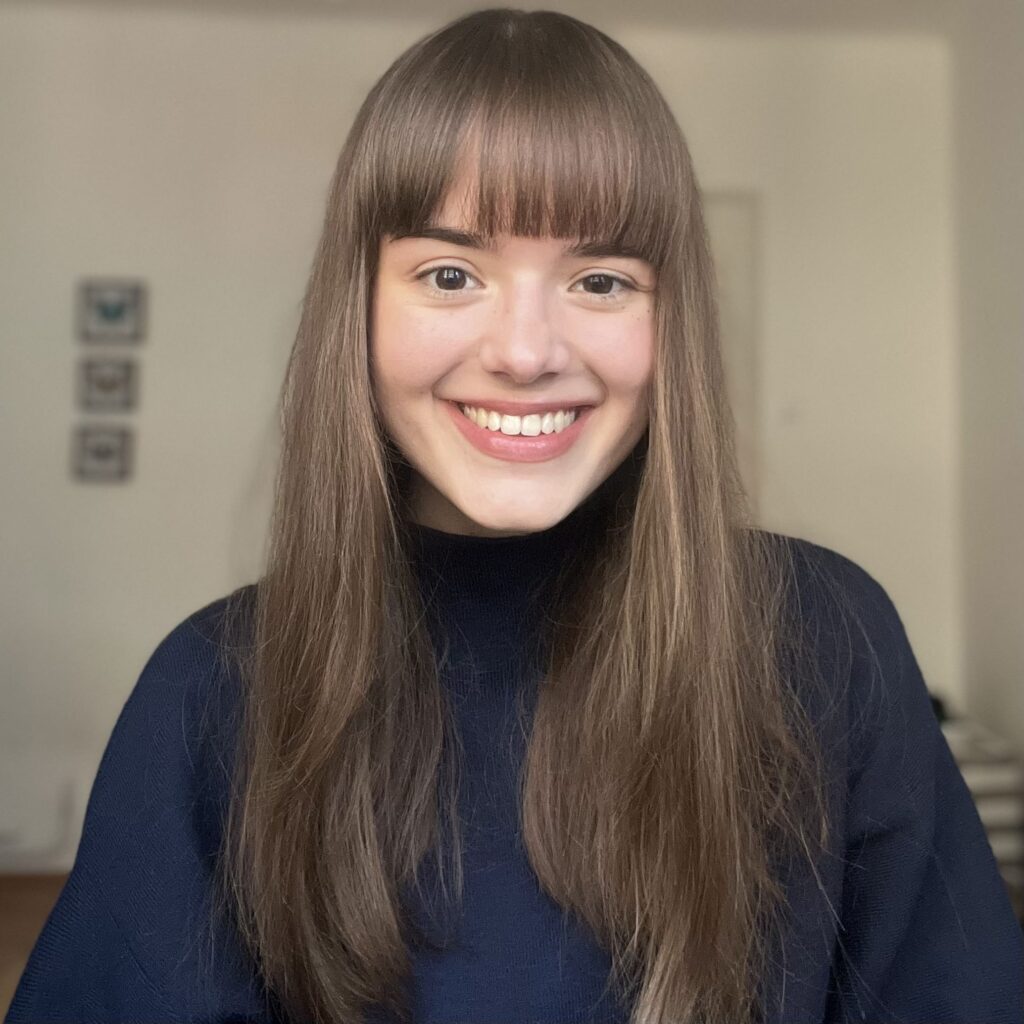Law and Morality
What is the relationship between law and morality? Are they totally separate systems of rules or is it necessary to look for some sort of a moral minimum in every case? What are the principles of law, why do we have them, what do they mean and how can we use them? Is it still required to obey unjust laws?
We will try to look for answers to those questions together during this Law and Morality course. In the first part of the course, we will focus on the definition of morality, introduce basic philosophical conceptions of the relationship between law and morality, and consider what role the protection of human dignity plays in applicable law. We will also talk about the conditions under which our mythical right to resist can be exercised.
In the second part of the course, we will apply said legal concepts and tools to resolve moral dilemmas in law. Through case studies, we will try on the role of judges and solve real life cases from different areas of law.
We will cover topics both from a theoretical and a practical perspective. We will discuss each issue together and you will be able to learn how to form your own opinion, which you will then be able to defend before others. The course should to an extent replicate actually studying law and introduce students to the way lawyers think about cases they try to solve. Therefore, the course is suitable for both potential law students and anybody interested in social topics. No prior knowledge is necessary.

Eva Hamašová
Session D
Art Against the Mainstream
Štěpán Folget
Biological Psychiatry
Aleksa Petković
Categories of Political Science
Gosha Evlanov
Contagion: infectious disease and society
Jana Lohrova
Cross-cultural studies 101
Mwika Kiarie
Defending Human Rights
Mirek Crha
History from Liberty to Liberation
Emma Nabi-Bourgois
Law and Morality
Eva Hamašová
Medicine
Soňa Feciskaninová
Neuronal Biophysics
Sara Banovska
Positive psychology
Laura Opletalová
Sound, music, and science
Sol Johansen
Surveillance capitalism
Vašek Šmatera
Sustainable Cities of the Future
Tereza Zoumpalova
Sustainable design
Mariana Ochodková
Theory of General Relativity
Bohdan Glisevic

